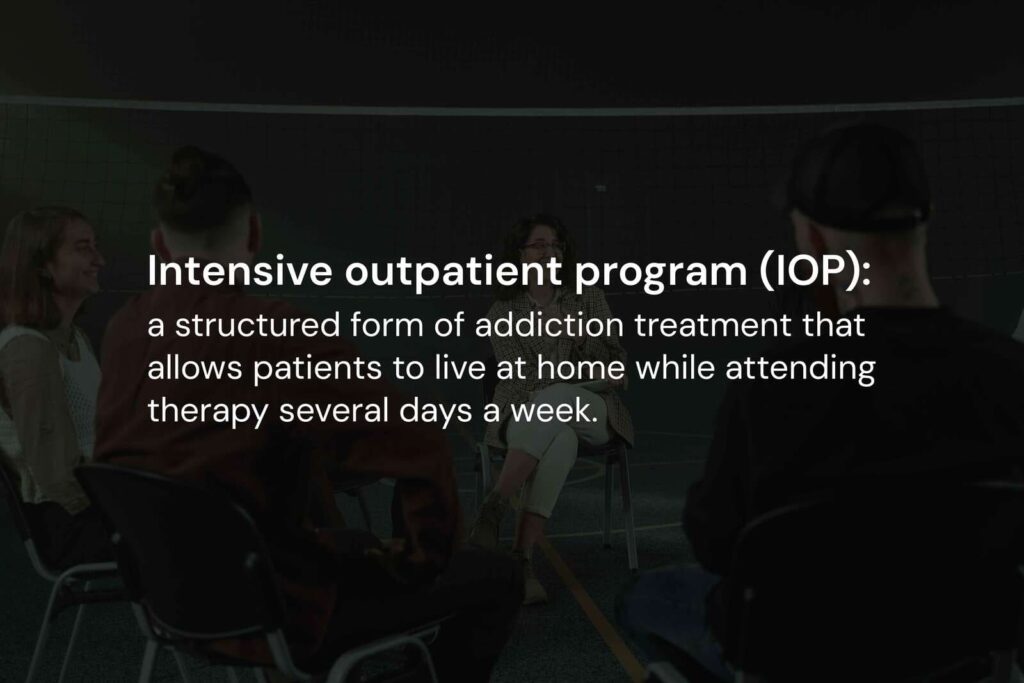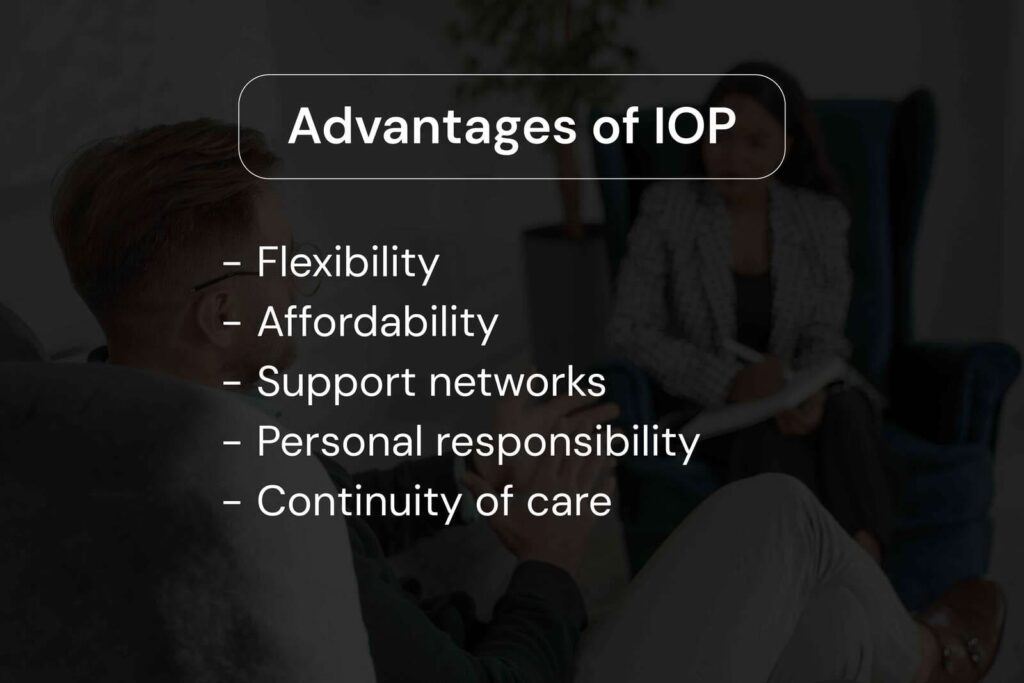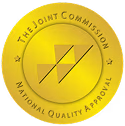Understanding Intensive Outpatient Programs
An intensive outpatient program, often called an IOP, is a structured form of addiction treatment that allows patients to live at home while attending therapy several days a week. IOPs are designed for people who need more support than standard outpatient care but do not require 24/7 monitoring in a residential rehab. These programs blend flexibility with accountability, making them a critical option for many individuals seeking recovery.

Who Is an IOP For?
Intensive outpatient programs are ideal for individuals who:
- Have completed inpatient or residential treatment and need continued support
- Cannot step away from work, school, or family obligations to attend residential rehab
- Require structured therapy to manage relapse triggers and maintain sobriety
- Struggle with co-occurring disorders such as anxiety or depression alongside substance use
Because IOPs provide daily structure without removing patients from their home environment, they are a practical solution for people balancing recovery with everyday responsibilities.

What Services Do IOPs Provide?
An IOP typically includes:
- Individual therapy: Focused on personal triggers, coping strategies, and relapse prevention
- Group therapy: Peer support and shared experiences to strengthen accountability
- Family counseling: Involving loved ones in the recovery process for better long-term outcomes
- Medication management: When appropriate, prescriptions are monitored to assist with cravings or mental health conditions
- Life skills training: Tools for stress management, communication, and building healthier habits
These services make IOPs a comprehensive step-down option after residential treatment or a starting point for those who cannot commit to full inpatient rehab.
Benefits of Intensive Outpatient Programs
Patients who choose an IOP gain several advantages, including:
- Flexibility: Ability to maintain work, school, and family life while in treatment
- Affordability: Lower cost than residential treatment while still offering structured care
- Support networks: Opportunities to connect with peers going through similar struggles
- Personal responsibility: Encourages patients to apply recovery strategies in real-world settings
- Continuity of care: Provides ongoing support after inpatient rehab, reducing the risk of relapse
These benefits make IOPs one of the most widely used levels of care in the addiction recovery continuum.

Frequently Asked Questions
How many hours per week is an IOP?
Most IOPs involve 9–15 hours of therapy per week, spread across three to five days.
Is an IOP the same as inpatient rehab?
No. Inpatient rehab requires patients to live at a treatment center full time, while IOP participants live at home and attend scheduled therapy sessions.
Can insurance cover IOP treatment?
Yes, most private insurance and Medicaid programs cover IOPs, though coverage details depend on the provider and state regulations.
Related Topics in the IOP Series
How Long Do Intensive Outpatient Programs Last?
The duration of IOPs varies, but most programs last from 6 to 12 weeks. This article explains how program length is determined and what patients can expect.
What Happens in an Intensive Outpatient Program?
Patients often wonder what daily life in an IOP looks like. This article breaks down the therapy sessions, group meetings, and recovery activities included in typical programs.
Takeaway
An intensive outpatient program is a flexible yet structured treatment option for people seeking recovery from addiction. It combines therapy, support, and real-world accountability while allowing patients to live at home. For many, IOPs provide the right balance of independence and support needed to build a strong foundation for long-term recovery.





.png)
